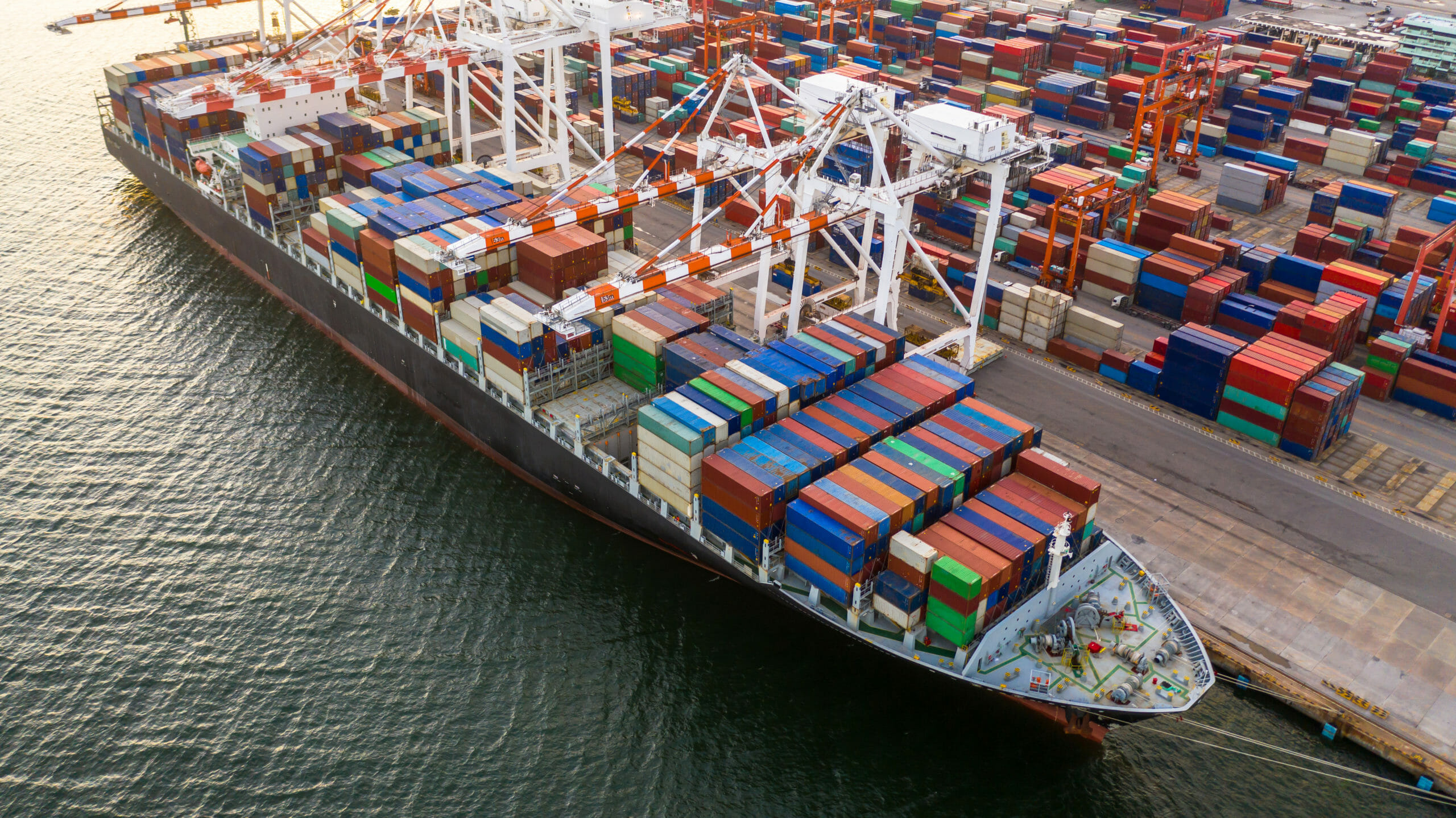
Sustainable Supply Chain | Import Shortages
Global Supply Chain Crisis
We currently find ourselves in the midst of a global supply chain crisis; issues arising in China have sent ripples across the globe, impacting both businesses and consumers that are dependent on Chinese manufacturing in many different industries. Even now we are still seeing empty shelves in shops where business can’t replace stock; some businesses are reporting delays on orders of up to nine months.
Supply Chain Disruption
There are a number of factors over this past year that have caused the current supply crisis, with the Chinese government’s strict COVID-19 policies being among the most significant. This has caused such a pronounced supply chain disruption as there have been a number of port closures due to local COVID-19 outbreaks. For example, Yantian Port, the fourth busiest port in the world, was closed after 150 COVID-19 cases were reported in May and June of 2021.
This by itself caused significant supply issues, but it also caused China to introduce their ‘zero COVID’ strategy. This meant that a few months later in August, the Chinese government would also close Ningbo Port – which just so happens to be the third busiest port in the world. This heavily compounded the problems caused by the earlier Yantian Port closure, intensifying the supply shortages being experienced the world over.
These port closures haven’t just meant ships couldn’t leave China, but also that ships which had already left couldn’t return. With shipping crews being stranded around the world, their shipping containers have been stranded with them. Containers not returning to Chinese Ports has caused a shortage, which has further reduced the country’s already heavily diminished exporting capacity.
Electricity Shortage
Alongside the closures of major ports, severe electricity shortages have been a frequent and persisting occurrence right across China. As nations around the world emerge from pandemic restrictions, demand for Chinese-made goods has surged. As part of their 2060 carbon neutrality targets, China has been moving away from burning coal to produce electricity. However, the reduction in output from coal power stations has not yet been fully replaced, therefore electricity isn’t being produced quickly enough to provide manufacturing sectors with the power they need.
Supply Chain Talent Shortage
To make matters worse, the situation created by the port closures and electricity shortages is being exacerbated by labour shortages in the Chinese workforce. Strict COVID-19 policies in China have made movement difficult; China’s manufacturing sectors rely on low paid, undocumented migrant workers who frequently travel for work. With these workers being unable to travel, it is difficult – or even impossible – for them to get to the locations where demand for labour is high. Due to these supply chain talent shortages, manufacturing facilities are heavily understaffed which only further inhibits their production capacity.
Sustainable Supply Chain Management
We find ourselves in a tricky situation with China being both unable to produce as many goods as we all need, as well as unable to export the goods they are producing. Given the number of factors involved and the overall severity of the situation, it is looking as though this supply chain crisis is going to persist into the foreseeable future. The likely consequence of this over time is that we will see supply chains diversify and shift away from China.
At JBX PaperPak, we are excited as this will increase the opportunity for people and businesses to shop locally. If we are forced to end our reliance on cheap imports, then countries around the world will have the chance to establish their own manufacturing solutions. As well as providing a sizeable boost to the Irish economy, increasing domestic manufacturing here will massively reduce global carbon emissions. Transporting goods around the world is one of the major sources of carbon emissions; establishing a more sustainable supply chain is vital in our efforts to tackle climate change.
Responsible Sourcing
That is exactly the thing we are trying to achieve here at JBX. We manufacture all of our products ourselves here in our Dublin facility, where we use all local supply partners for our ethically sourced kraft paper and packaging materials. As well as being committed to responsible sourcing, not having to rely on imported products or materials means that we have a constant supply of stock ready to dispatch on short notice. It also means we eliminate the carbon emissions that would usually occur during the import process.
If we are to take advantage of this opportunity to dramatically reduce global carbon emissions, then domestic manufacturing needs to be a viable practice. We need to be supporting businesses like JBX PaperPak that want to bring manufacturing home, rather than continuing the carbon-heavy import-dependent model we use now.
Share this article
Related articles for you
New Climate Reporting Mandates | Northern Ireland
The Success of the Irish Deposit Return Scheme
Ireland Embraces a Greener Future with New Irish Deposit Return Scheme
2023: A Year of Growth and Success | Merry Christmas from JBX PaperPak!
The Overwhelming Case for Paper Straws
Ireland’s New Steps Towards Greener Waste Management
Subscribe To Our Newsletter
To keep you up date to our new products and lates news
Free shipping on all orders over £200*
Subscribe To Our Newsletter
To keep you up date to our new products and lates news
Free shipping on all orders over £200*
Frequently Asked Questions
Our paper straws are made by stacking 3 plies of high-quality food grade kraft paper and putting them through a core-winding machine that applies an adhesive and rolls the straws into shape. They are then cut to size, coated in lacquer to ensure quality and are then ready to be sold.



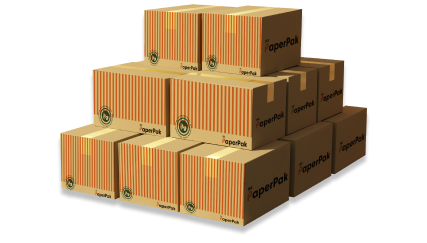
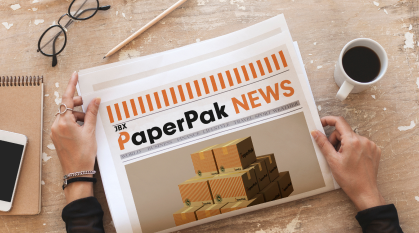


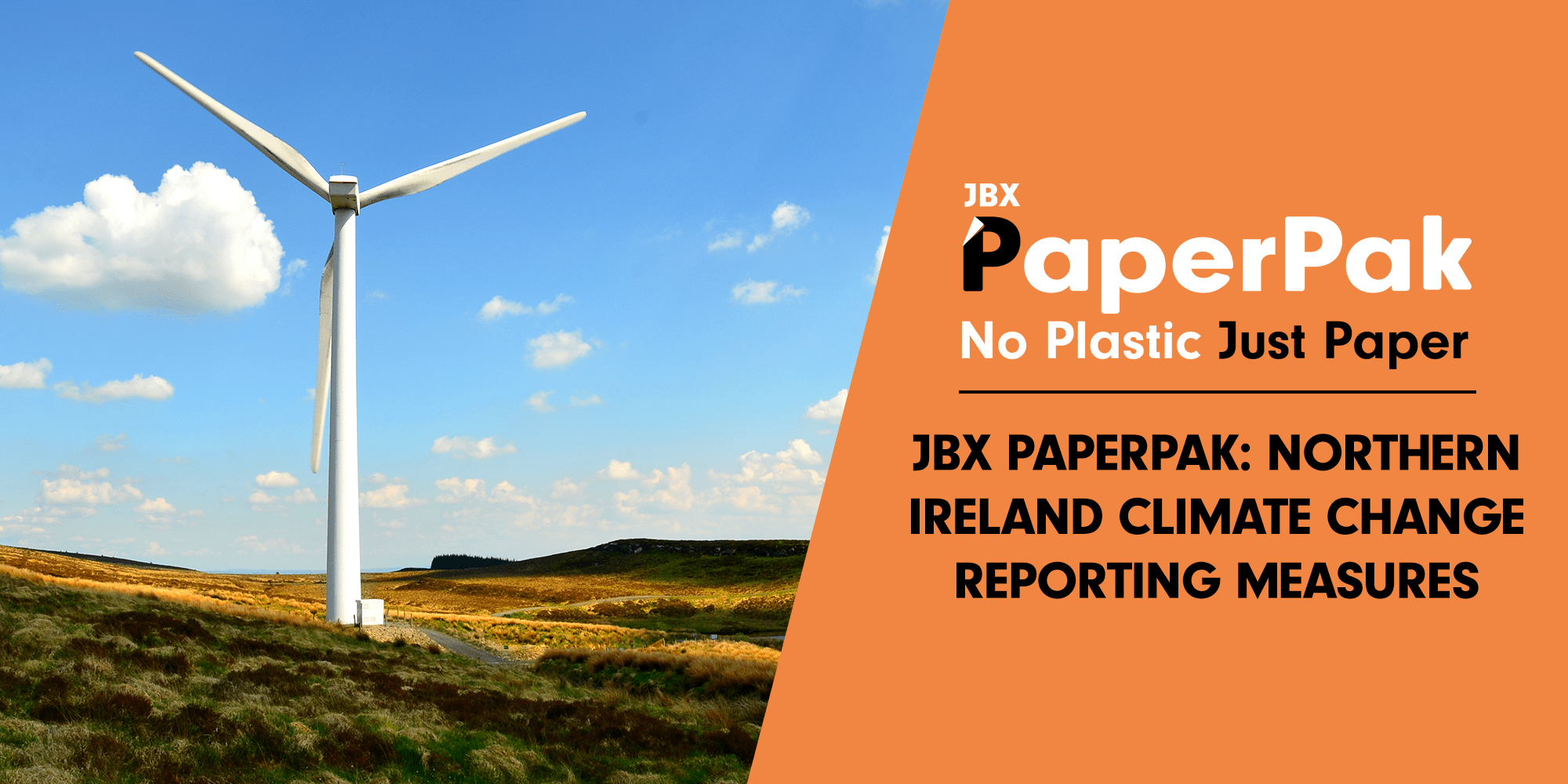

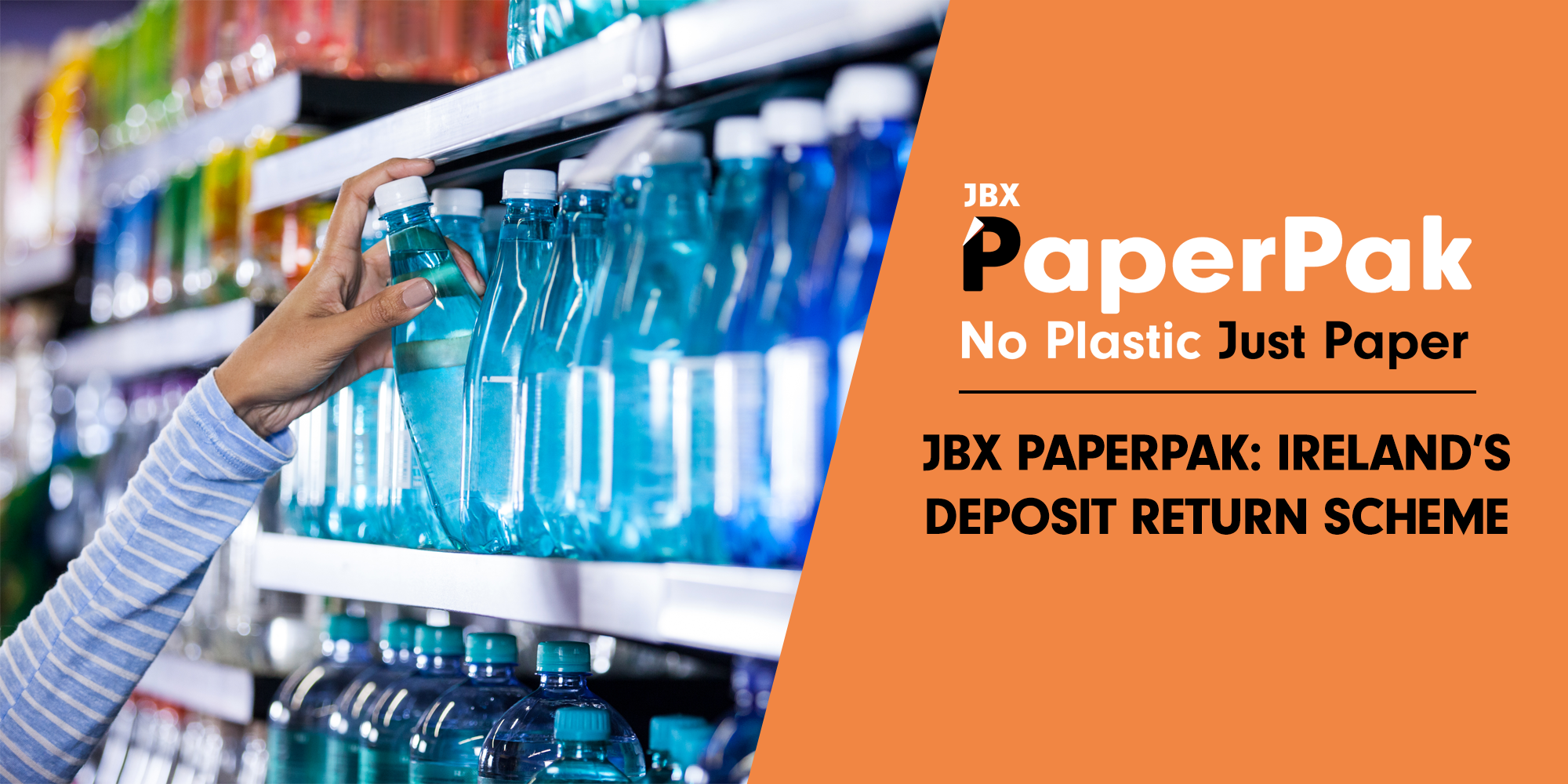

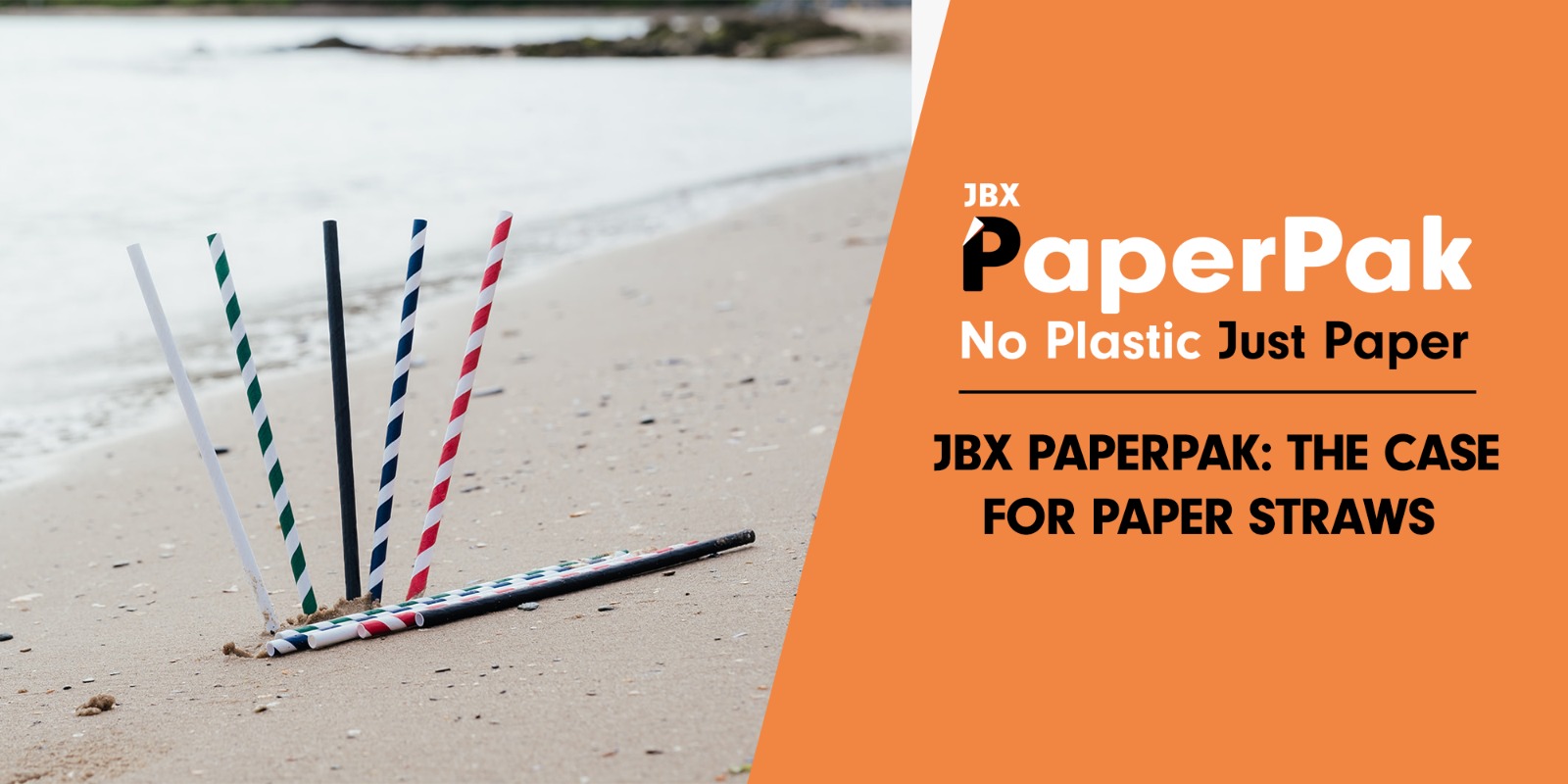


Get social